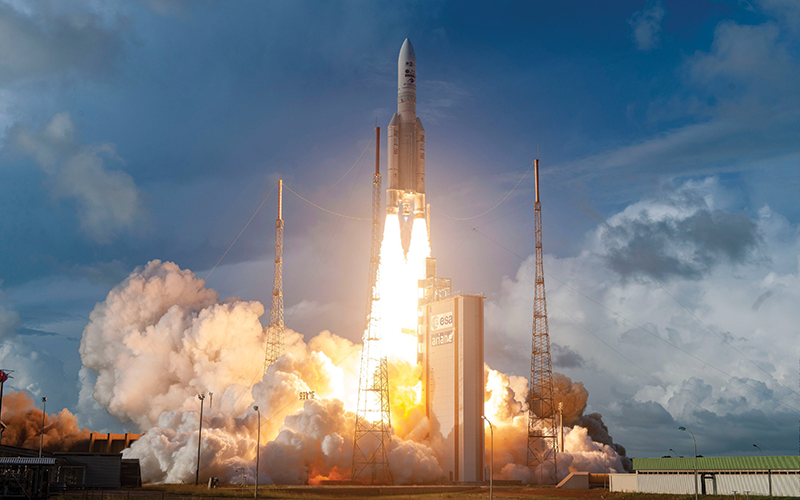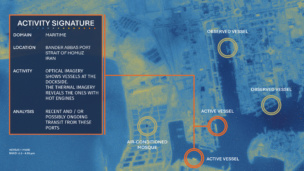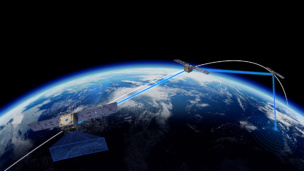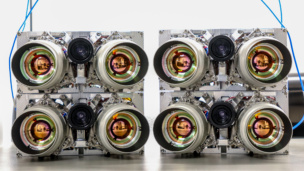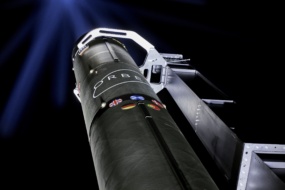Arianespace successfully launched its third Ariane 5 flight of 2022 yesterday from French Guiana. The nearly 11-ton customer payload was the second heaviest lift for an Ariane 5, topped only by an Oct. 2021 launch that carried the Syracuse A4 and SES-17 into orbit.
There were three primary payloads on board.
- MTG-I1: A new generation of meteorological satellites manufactured by Thales Alenia Space and developed in collaboration with the European Space Agency (ESA) for EUMETSAT. The satellite has a wide range of uses that include enabling aircraft to avoid storms, earlier alerts of flooding, and more precise monitoring of fires and fog.
- Galaxy 35 and 36: The latest additions to Intelsat’s Galaxy fleet refresh plan. The two new communications satellites will provide dedicated broadcasting capabilities to North American customers.
All three satellites were successfully deployed from the Ariane 5 upper stage 34 minutes and 37 seconds after liftoff.
The end of an era
Tuesday’s mission was the third to last launch for the Ariane 5. Once the final two flights are completed, 117 Ariane 5 missions will have been launched over nearly three decades.
The final two launches will carry the Syracuse 4B communications satellite for the French armed forces and the Jupiter Icy Moons Explorer (JUICE) probe for ESA. Once that final flight has been flown in April 2023, the baton will be passed to the not-yet-operational Ariane 6.
ArianeGroup is currently targeting late 2023 for the maiden flight of Ariane 6. This will mean that operational flights of the vehicle will likely not begin until the first quarter of 2024 at the earliest. This will mean that Europe will be without a heavy-lift launch capability for at least eight months
